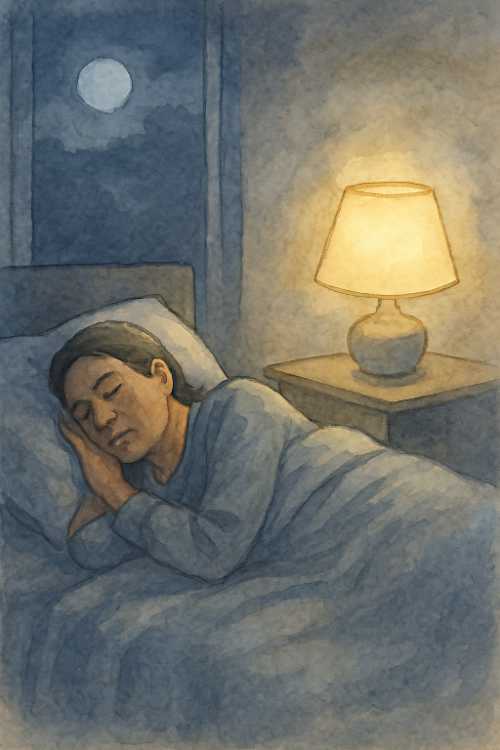IBS: Patient Questions, Honest Answers
A Q&A on What It Is, What It Isn’t, and What Can Help
Q: Is IBS a real medical condition, or is it “just stress”?
A: IBS is very real. While it doesn’t show up on scans or bloodwork like some diseases, it’s a recognized disorder that affects the gut’s function. The intestines may be more sensitive, react more strongly to certain foods, or contract too quickly or too slowly. Stress doesn’t cause IBS, but it can definitely make it worse—especially for people whose gut and nervous system are closely linked.
Q: Why did I get IBS? I used to have a strong stomach.
A: There’s no single cause of IBS. For some, it follows a bad stomach infection. For others, it develops gradually after long-term stress, irregular meals, or poor sleep. TCM suggests that IBS may result from chronic imbalances—like a weakened Spleen or disrupted Liver Qi. The good news is that the gut is resilient, and with the right support, symptoms can improve significantly.
Q: My doctor says I should try the low-FODMAP diet. But TCM says to eat warm, cooked foods. Which is right?
A: Both have value. The low-FODMAP diet helps many people identify gas-producing foods. But it can feel restrictive and cold-heavy—salads, smoothies, yogurt. TCM encourages warm, easily digestible foods that support the spleen. Many people benefit from combining the two: following the low-FODMAP plan, but preparing foods in a spleen-friendly way—cooked, warm, and regular in timing.
Q: Is it true that IBS can’t be cured?
A: In Western terms, IBS is considered chronic—something to manage, not eliminate. But many people go long stretches without symptoms. In TCM, the focus is less on "curing" and more on restoring balance. With time, daily habits, herbal support, and emotional regulation, people often see major improvements. Relief is possible—it just may take a different approach than expected.
Q: Does acupuncture actually help with IBS?
A: Yes, for many people. Acupuncture can regulate the nervous system, reduce cramping, and improve bowel regularity. It also helps with anxiety, sleep, and emotional tension—all of which influence digestion. Treatment is based on your individual pattern, so it’s important to work with a licensed practitioner who understands both digestive health and TCM theory.
Q: Should I take probiotics?
A: Probiotics help some people, but not everyone. In TCM, not all digestion issues are caused by a lack of “good bacteria.” For example, if there’s dampness, stagnation, or heat in the gut, adding probiotics could worsen bloating or discomfort. This is another area where personalized care—rather than guesswork—can make a big difference.
Q: Is IBS caused by emotions? I feel like people don’t take me seriously.
A: This is a common and painful experience. IBS isn’t “in your head,” but it is connected to the nervous system—and emotions play a huge role in how your body reacts. In TCM, emotions and digestion are deeply linked. Worry, anger, grief, and stress can all affect bowel habits. That doesn’t make symptoms any less real. It just means that emotional care deserves as much attention as diet and medicine.
Q: What’s one thing I can start doing today?
A: Choose one rhythm to commit to—eating breakfast at the same time, going to bed earlier, or taking a short walk after lunch. IBS often improves with consistency. If you’re feeling overwhelmed by options, start small and build from there. And if possible, find a practitioner (Western or TCM) who listens without judgment. That, too, is medicine.


